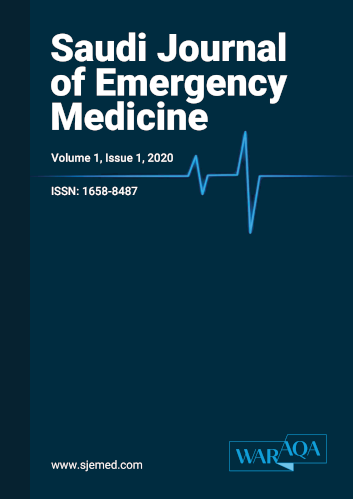Cutibacterium Acnes: A Novel Bacterial Etiology of Sternal Osteomyelitis
Sahar Almansoori
,
Noura Alhosani
,
Shaza Karrar
Year:
2025
Background: Sternal osteomyelitis following median sternotomy is an extremely uncommon type of deep sternal wound infection. It is considered a life-threatening complication that may develop after cardiothoracic surgery (2). Its occurrence is relatively low, ranging from 0.2% to 8%, with an associated mortality rate ranging from 8% to 45% (2)....
Continue Reading


